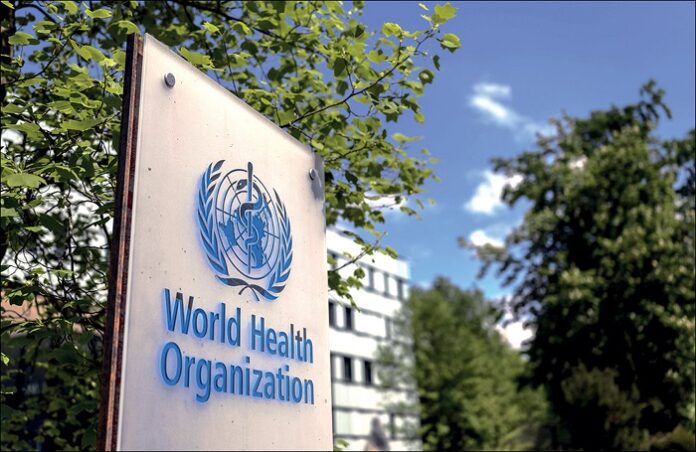World Health Organisation shares COVID-19 fatalities data, as per which more than 500,000 individuals have died worldwide since the Omicron variant has been discovered. The international health agency has described the statics as “beyond horrible”.
The Omicron variant was discovered in the month of November, the previous year, initially in the countries of South Africa. WHO’s incident manager, Abdi Mahamud, noted around 130 million infections and 500,000 deaths had been reported across the globe due to the Omicron variant.
Providing information during the live interaction on the WHO’s social media channels, Mahamud stated, “This has happened as Omicron is more transmissible; it has fast surpassed Delta as the world’s most common COVID variety. However, it appears to produce less severe sickness.”
“In the age of effective vaccines, half a million people are dying; it is really something. While everyone was saying Omicron is milder, all of them missed the point that half a million people have died since this was detected. This is beyond tragic”, the statement of Mahamud further cited.
Infectious Disease Epidemiologist; COVID-19 Technical Lead Maria Van Kerkhove reminded people that the world still is in the middle of the COVID-19 pandemic.
She stated, “We are still in the midst of the COVID outbreak. I am hoping that we’re nearing the end of it. Many countries have yet to reach their Omicron peak.” Kerkhove furthermore called the virus “hazardous“.
The global situation with COVID-19 is dynamic, WHO health lead tweeted, adding, “COVID19 vaccines are incredibly effective at preventing severe disease and death so get vaccinated when it’s your then. Continue to fight for #VaccinEquity for the world. We not only need to increase vaccine access and vaccination among those most at risk, but we also need to reduce the spread of SARSCoV2 to prevent infections, reduce the risk those infected developing severe disease, reduce risk of longcovid and reduce the risk of variants”.

